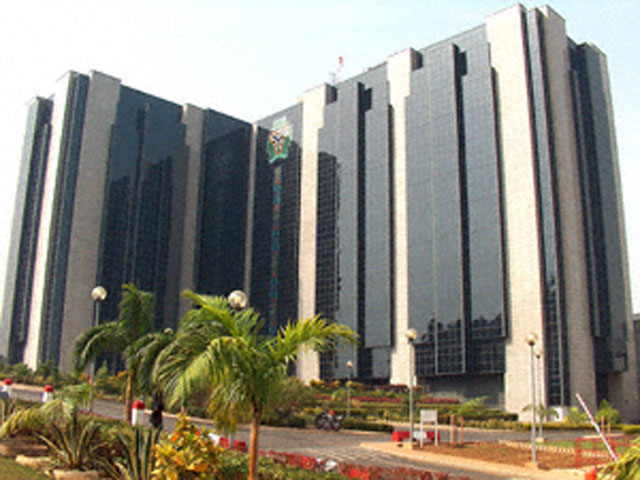Experts have argued that Nigeria’s interest rate of 12 percent is the highest in the world.
A report by Central Bank of Nigeria indicated the growth of the country’s interest rate from 2007 until 2013, the interest rate averaged 8.98 percent reaching an all time high of 12 percent in October of 2011 and a record low of 6 percent in July of 2009.
The Monetary Policy Rate (MPR) is perceived to be the official interest rate.
This was a long time coming because in the past, the International Monetary Fund, (IMF), one of the Brentwood institute had taken out a survey where it noted that Nigeria ranks among countries with the highest interest rate.
Dr. Austin Nweze, a political economist and senior lecturer at the Pan African University, observed the persistent growth in the interest rate in the country to be as a result of using the foreign exchange as a basis for the nation’s monetary policy rate by the CBN.
According to him, “The projection of the CBN is that with a stable exchange rate, it would not appreciate so much against the naira. But without doubt, this has implication on the economy generally to the extent that manufacturing and business have to risk borrowing at outrageously high interest rate in order to remain in business.
“Unlike in the past when the Assets Management Corporation of Nigeria (AMCON) easily bought over non-performing loans, it has frozen asset acquisition such that the banks are no longer prepared to take moral hazards, a situation where it can give out loans with the hope that someone would cover its back. So, the result is that the few banks that are willing to borrow don’t have any choice but to borrow at highly exorbitant interest rate.”
Not far from this, Mr. Charles Iyore, a financial analyst, attached the escalating interest rate to the problem of weak price discovery mechanism, non-performing assets as well as an efficient capital market.
“The price discovery mechanism is very weak and that is what translates to the unstable price regime,” he stressed.
He added that, “There are many non-performing assets which are where they are not supposed to be. Take for instance, the pension fund, they are simply chasing after government bonds coupled with an inefficient capital market, in which the dividends are not attractive thus the credit being reserved for liability by the banks are based on high interest rate.”
Henry Boyo, an Economist, is also on the same page with Nweze and Iyore.
According to him, “High interest rate destroys production because of the high cost of production. So, don’t be surprised when houses are being converted to mosques, churches. As a result of high interest rate and we have uncompetitive local products.”
The apex bank has never hid away from its insolence for double-digit inflation, which is one of the reasons while it has left interest rate and other tools at the current level in the past one year.
Latest figures by the National Bureau of Statistics (NBS) showed that inflation dropped to 12 per cent in December, from 12.3 per cent in December.

